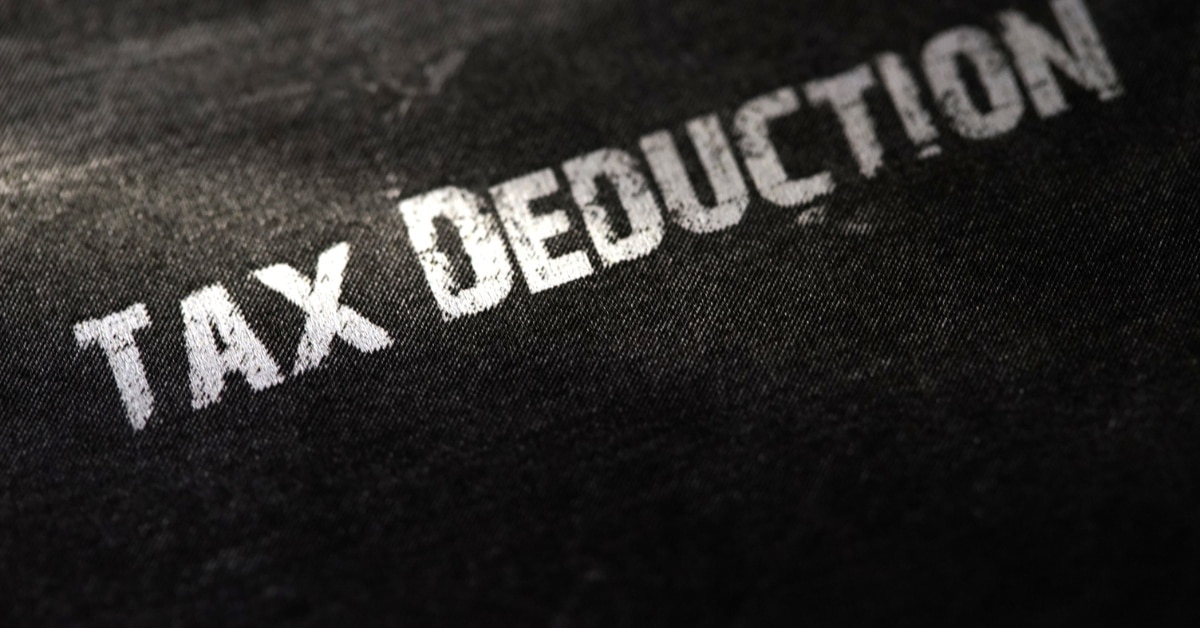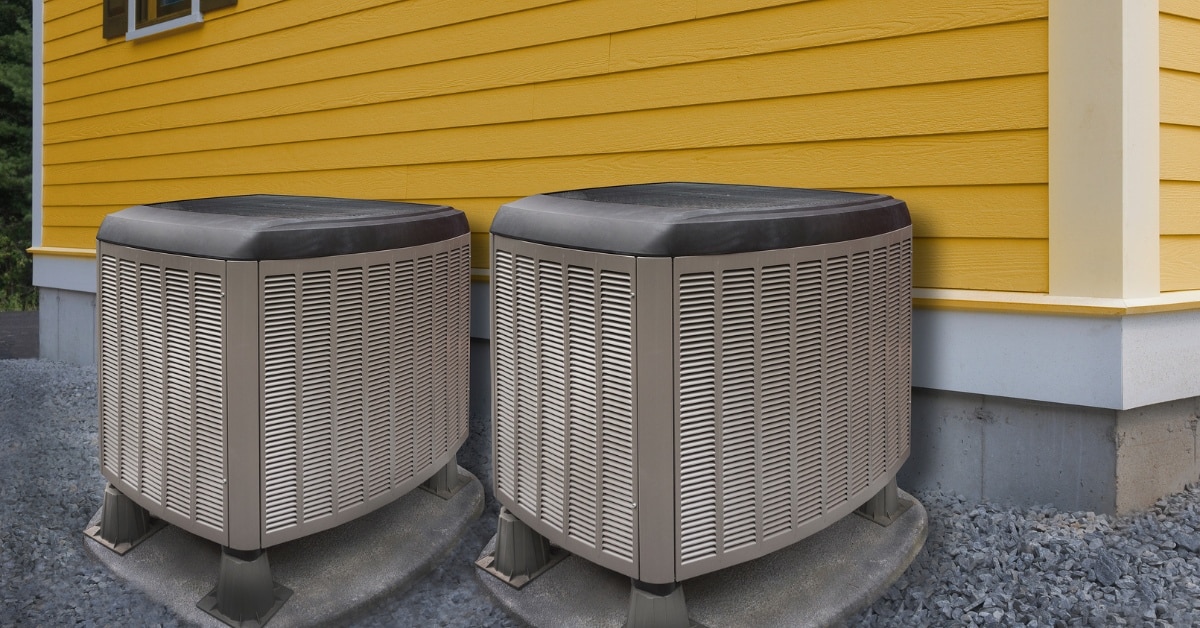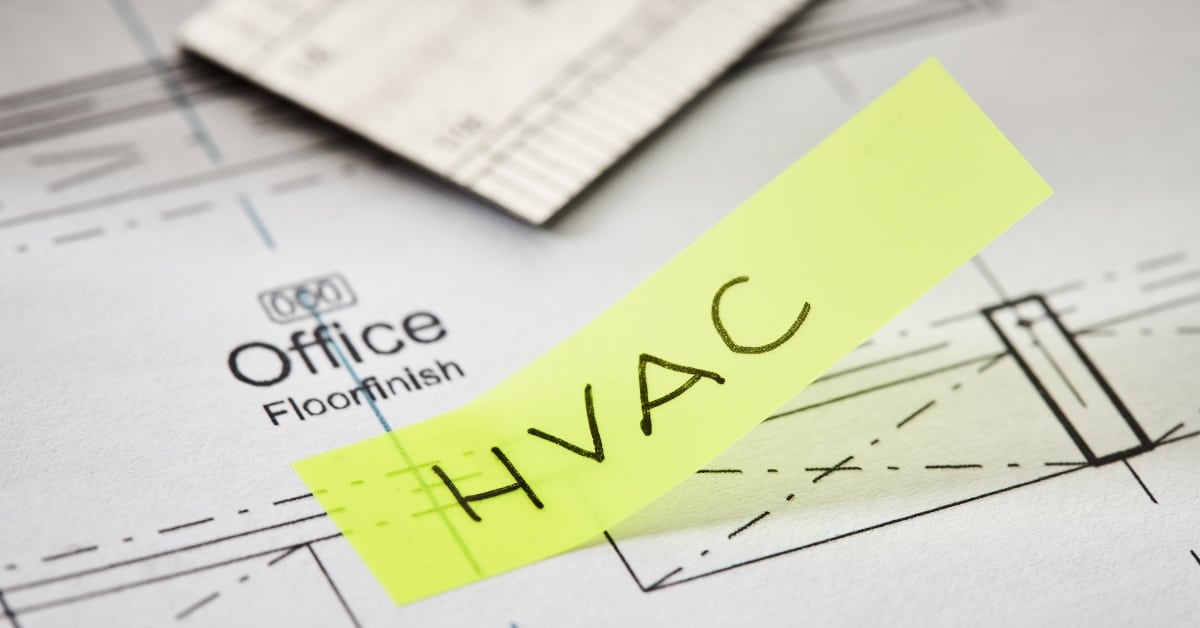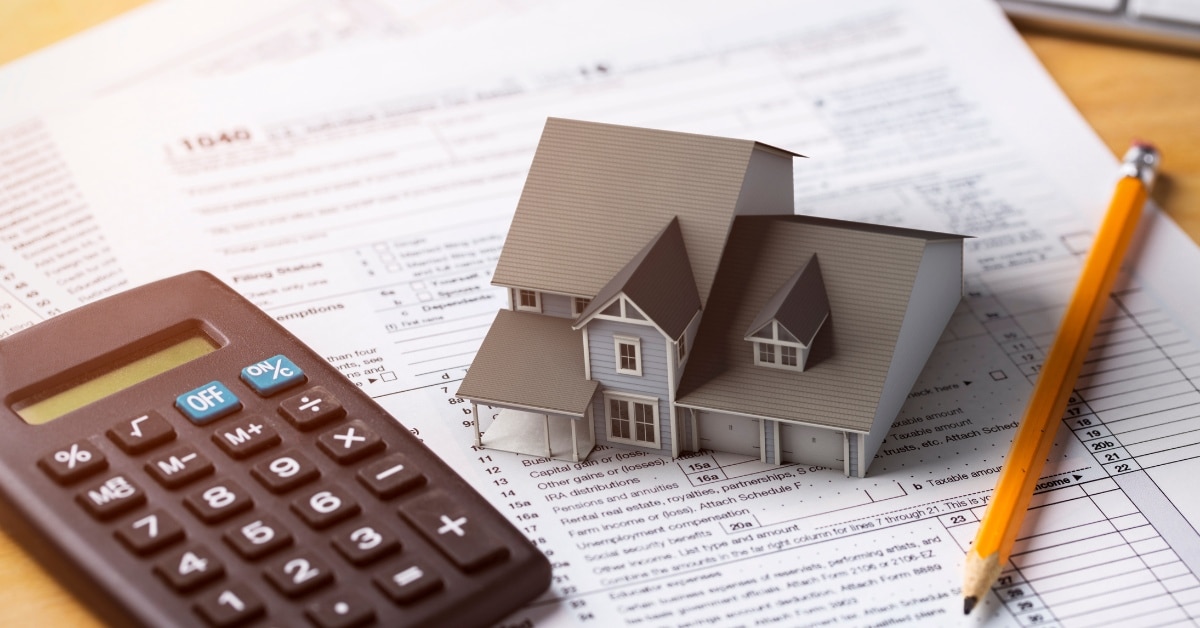If you are a landlord, you need to know how to calculate HVAC depreciation life because, at some point, you will have to replace the heating and cooling systems in your properties. When you replace an HVAC, you cannot take a deduction for the total cost immediately because the system is an asset.
Instead, you must take a deduction for the pro-rated depreciation on an annual schedule. If you install a central AC system, the HVAC depreciation life is 27.5 years. The depreciation life is seven years for window units and portable air conditioners.
Read this guide to learn more about calculating your yearly depreciation deduction. It includes valuable information, tips, and example calculations.
When you make improvements to rental property, you have to deduct those expenses over a period. The IRS outlines how many of these deductions are taken. For example, anything you install in your home, like an HVAC, flooring, and a new roof, is deducted over 27.5 years.
Appliances and items like refrigerators, washers, dryers, dishwashers, and stovetops are taken over a shorter period dictated by the IRS. For example, the depreciation life for appliances is five years.
If you purchase a new HVAC for your primary home, homestead, or second home, the IRS does not allow you to take a deduction. So, only property investors who use their homes as long or short-term rentals to generate income need to calculate depreciation life.

HVACs are an item of capital expenditure, so you have to deduct to cost over the life of the unit. You can determine the length for which you need to depreciate items by checking the guidelines set forth by the IRS. The timeframes may change. So, you need to check each time you purchase deductible items before taking the write-off. However, HVACs are currently depreciated for over 27.5 years.
You calculate the HVAC depreciation life by dividing the total cost over the number of years in the life of the investment. So, if you spend $6,500 on a new unit, you must divide the cost by 27.5 for the total life of the HVAC.

So, the total cost that you can deduct each year is $236.36. You can write off that amount for 27.5 years. Each year you take the deduction, you subtract the deduction from the asset's value.
When you sell a rental property, you have to address each item you listed as an asset and depreciate during the time you owned the home. If you are a full-time property investor with multiple properties, it is a good idea to hire a real estate tax attorney or CPA to handle your taxes.

If you choose to do your taxes yourself, you must keep careful records and follow steps for proper reporting. Here are the steps you need to take to depreciate your assets when you sell your rental home.
You need to keep impeccable records when it comes to depreciating assets. It is also essential to check with the IRS to determine the basis for depreciation.
If you calculate incorrectly, the IRS may audit you and require you to make an additional payment for unpaid taxes.

Properly depreciating assets or calculating the HVAC depreciation life for rental properties is vital. Otherwise, you could face an audit and fines or penalties for improperly filing. So, hiring a knowledgeable professional to handle your rental property business taxes is a good idea.
While you may be tempted to do these calculations yourself, and many people do, hiring someone may save you money in the long run.
We encourage you to share this article on Twitter and Facebook. Just click those two links - you'll see why.
It's important to share the news to spread the truth. Most people won't.